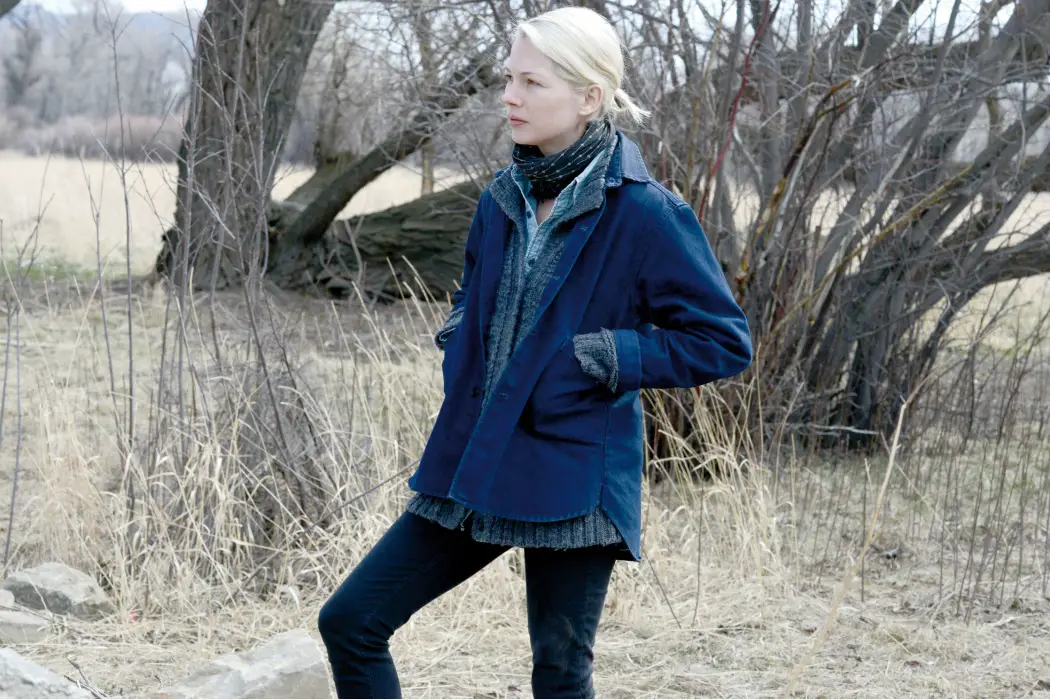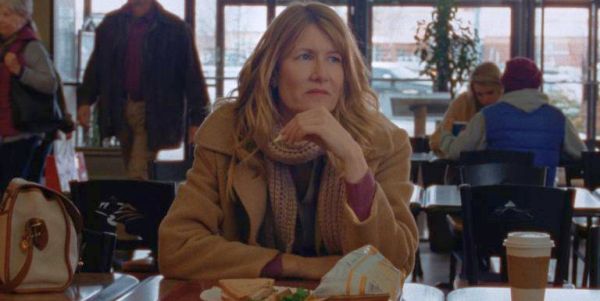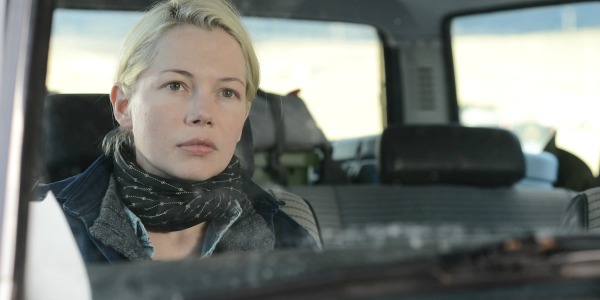CERTAIN WOMEN: The Sheer Spectacle Of Living

An Instructor of Communication Studies at Ball State University, Spencer…
Kelly Reichardt does not seem interested in flash. If anything, she finds beauty and grace in the simple, the subtle, and even the fragile nature of our everyday lived experiences. On the surface, there are no tricks up her sleeve; what we see is what we get. And this is no accident. At least I have found that to be the case in Reichardt’s filmography.
With painstaking deliberation over every choice, every flourish, every moment captured on screen, we find ourselves immersed in the ongoing culture of American Western life. It is in watching her 2016 film, Certain Women, that we may find traces of ourselves in these women, as they wake up and go about their lives. Indeed, there are no shocks, nor is the rug ever pulled out from beneath us. But that does not mean that Reichardt’s cinematic universe is anything less than human.
Who Are These Women?
Certain Women weaves together the narrative of four different women living amongst the biting landscape of Montana. Laura Dern plays Laura, a lawyer navigating the tricky terrain of an unruly client. Michelle Williams is Gina, a wife and mother building a home in a remote wooded area, hoping to obtain sandstone from an elderly neighbor. Newcomer Lily Gladstone goes only by The Rancher, a solitary ranch hand who finds herself beguiled by Elizabeth (Kristen Stewart), a lawyer who finds herself teaching an adult education class four hours away.

What is immediately striking about the film is Reichardt’s use of narrative storytelling. Whereas many filmmakers intersect different stories, relying heavily on unique editing techniques, Certain Women avoids this trap altogether. Each of these women’s stories is segmented and told gradually, naturally. At first glance, the film could have the feel of a compilation reel of these women’s individual struggles and challenges.
Instead, what we bear witness to here is a tapestry of these women’s lives, of their hopes, fears, and insecurities. After all, Reichardt could never simply tell a story that does not explore the nuances of her characters. These women are living, breathing, yearning individuals. And it is in this way that Certain Women becomes a mosaic of American Western lifestyles.
Responding to Our Environment
What connects us all together? I ask this both as a vague question, but also as one that attempts to understand the underlying beauty that exists in Certain Women. The film is a candid approach to our flaws and idiosyncrasies, but what brings everyone together is the seemingly harsh landscape that is stretched out before us.
The open, sprawling road is a theme that runs prevalent in Reichardt’s world– Laura listens as her client Fuller (Jared Harris) quietly cries beside her in the car, as she stares ahead, hands on the wheel. The Rancher takes a four hour long drive to find Elizabeth, and to what? Profess an unspoken love? To ask to spend more time together when the adult education class has finished? We may never know, but importantly, it is not our job to know. To know would be to pry, to give away The Rancher’s desires.

One could argue that Reichardt doesn’t even know. Gladstone’s eyes are stoic, she has no give. Perhaps the only one who could possibly know is the highway that greets her, that welcomes her back on the road. In a moment of heartbreaking realization, the camera watches as The Rancher gets back in her car after an awkward encounter with Elizabeth, and she begins her drive back home.
With no overwhelming emotion pushing her to a boiling point, she just watches the road in front of her. Where do we go? What will we find when we arrive at our destination? Reichardt attempts to reconcile this with an epilogue that wraps up each of these women’s stories, but to believe that this is truly the ending would be denying the stunning quality of even our own lives: long after the camera rolls, these stories will keep going.
Conclusion
There is so much in Certain Women that is left unspoken. Gina takes a long drag of her cigarette–and shortly after implies that she has quit. Later, she steals a glance at her neighbor, a man she has worked in her story to take a bevy of sandstone from his property.
The Rancher goes about her business, taking care of her horses, watching TV after a long day’s work. Laura eats at the food court alone in the mall. While eating with The Rancher in a local diner, Elizabeth uses the napkin wrapped around her silverware to wipe her. These moments are brief, tiny, simple.
It is simple, it is minut, yet at the same time, Reichardt dives into a world of these women: women wrapped up in their own lives. Deeply flawed, yet unbelievably human, Certain Women situates itself as a film that treats being alive as a gift. We make mistakes, misjudge our surroundings, take advantage of those around us. But ultimately, we may find that, beneath the surface, there is always something to be appreciative of.
With that, I turn it to you! How well do you respond to films that focus on the tiny, the seemingly insignificant moments? What are some of your favorites?
Certain Women was released in the US in October of 2016, and will be released in the UK on March 3, 2017. All international release dates are here.
Does content like this matter to you?
Become a Member and support film journalism. Unlock access to all of Film Inquiry`s great articles. Join a community of like-minded readers who are passionate about cinema - get access to our private members Network, give back to independent filmmakers, and more.
An Instructor of Communication Studies at Ball State University, Spencer enjoys the simple things in life: his cat (Laura Dern), Laura Dern (the actress), and snagging any chance he can get to watch movies. In his spare time, he champions Kristen Stewart and writes think-pieces about why Taylor Swift is a pop music mastermind.













